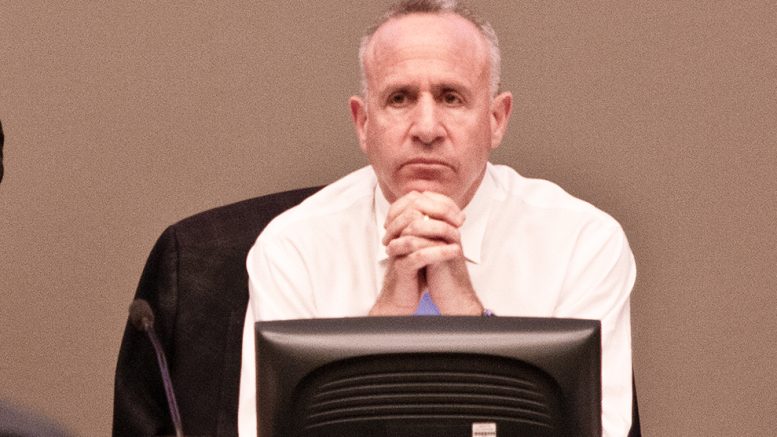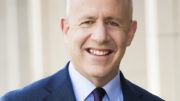Mayor Steinberg is exploring a potential ballot measure to gain more authority under the city charter
Like a zombie, it seems the idea of “strong mayor” in Sacramento is never really dead.
Mayor Darrell Steinberg is again exploring a city charter change to give more power to the mayor’s office. He won four more years in that office by getting reelected with nearly 80% of the vote in March.
On July 9, the mayor discussed “strong mayor” with the executive board of the Sacramento Central Labor Council, which would be an important ally to get a measure passed.
“It’s just going to be a discussion,” said Fabrizio Sasso, the labor council’s executive director. “He just wants to have a conversation.”
UPDATE: Steinberg gave a verbal presentation and said a written proposal could be released in a few weeks. The labor council’s executive board did not take any action on whether to support a potential “strong mayor” measure.
“There certainly needs to be some vetting,” Sasso told SN&R.
The mayor’s office declined comment, and no details of any proposal have been released.
To get a measure on the Nov. 3 ballot, the City Council would have to pass an official resolution by Aug. 7. It has two meetings scheduled before then, July 21 and July 28.
Steinberg also did some polling on “strong mayor” last year, but didn’t pursue it further. At the time, his spokeswoman said in a statement, “Mayor Steinberg has said repeatedly that it’s worth exploring how Sacramentans feel about their government and whether they would like to make a change so that elected officials have more responsibility.
“Because of his experience and leadership ability, Mayor Steinberg has been able to accomplish big things with limited power. But change has come slowly and with difficulty. The public holds the mayor responsible on critical issues such as the crisis of homelessness that is afflicting our city, yet he has no direct ability to site homeless shelters and make other significant programmatic decisions on this urgent issue.”
Now, Steinberg is leading the city through two immense challenges—the COVID-19 pandemic, with case numbers resurging, and the police reform debate, with activists and Black community leaders pressing him to do more.
The mayor has also used his existing powers with quite a bit of success. In November 2018, he persuaded voters to increase the Measure U sales tax by a half-cent and continue the existing half-cent, though he’s now being accused of breaking a promise to use the additional revenue for inclusive economic development.
This March, he helped defeat Measure G, which would have shifted millions of dollars to children’s programs, by urging voters to wait for what he called a less risky version in November. Since, supporters have decided to wait until 2022 to go to voters, saying the alternative measure is inadequate.
Under the council-manager system, the mayor has one vote, just like the other eight council members. But as the only one elected citywide, the mayor has the power of the bully pulpit. Still, other big-city mayors in California have more power over budgets and policy than does Sacramento’s mayor.
Steinberg hasn’t been as publicly fixated on “strong mayor” as his predecessor, Kevin Johnson. That obsession was part of his undoing, and it ended in humiliating defeat in November 2014, when 56% of voters rejected Measure L.
Incoming City Councilwoman Katie Valenzuela quickly registered her opposition to another attempt, arguing that it would distract from addressing the city’s problems.
“Let’s be clear: this isn’t about the city manager and accountability,” she added in a tweet. “This is about concentrating power. Which will make it immensely harder for Councilmembers like me, and YOU – the people – to influence change.”
Terry Schanz, chairman of the Sacramento County Democratic Party, also weighed in, tweeting: “Bad idea then. Bad idea now.”






Seems that Kevin Johnson, the previous mayor, wanted the same thing. Why? Maybe some people who remember the mayors’ reasoning will clue us in. HM